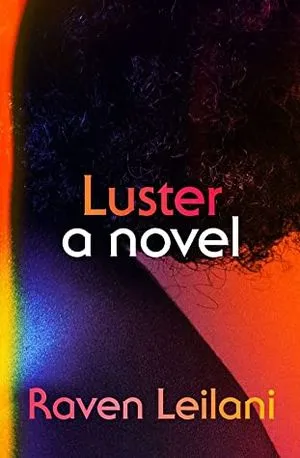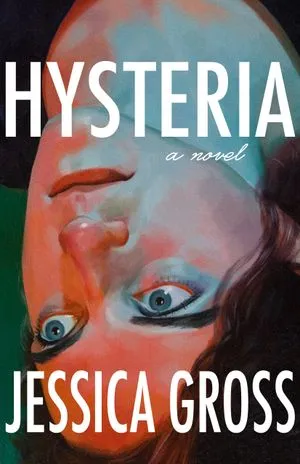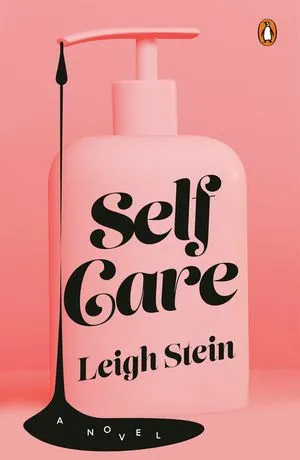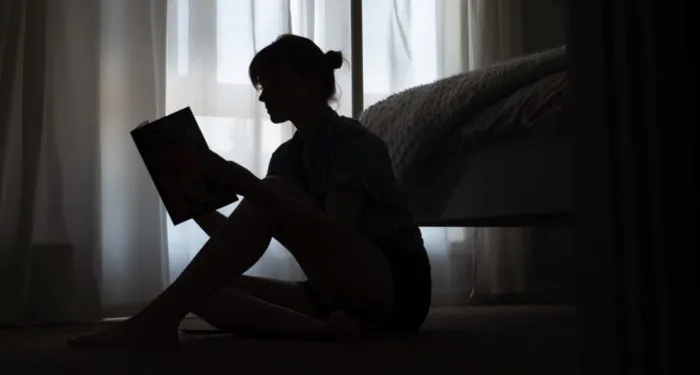
5 Novels From 2020 With Complicated Female Characters
It’s a truth universally acknowledged, that male characters get to be nuanced and complicated, while female characters are called unlikable. That’s what makes it so refreshing when authors ignore this taboo by writing fully human, complicated, and self-destructive women. Even though they face the potential abusive Amazon and Goodreads reviews. 2020 is a complicated time. Some of us are reaching for soft, comfort reads that don’t challenge us. Other readers want books and characters that offer catharsis and reflect our current emotions and anxieties.
Complicated female characters are historically underrepresented in book. This is especially true if they hold another underrepresented identity. That’s why it’s refreshing to see so many complex and…I’ll say it…unlikable heroines popping up in novels this year. Here are a few books with complicated female characters from 2020 that I’m especially intrigued by.
Luster by Raven Leilani
Luster is a book that many have compared to Sylvia Plath’s The Bell Jar. Roxane Gay reviewed it on Goodreads saying, “I’m really glad my twenties are over.” Edie is a 23-year-old Black woman working in a dead end office job while trying to define herself as an artist and figure out her purpose. But through a cold, detached, and sometimes cruel narrative voice, the reader sees Edie instead make one questionable decision after another. This begins with her deciding to date Eric, an older white man with an open marriage and an adopted Black daughter, Akila. Through a series of missteps, Edie ends up unemployed and living in Eric’s home. Now she must navigate the complicated dynamics of a family she doesn’t remember choosing to be a part of, and being a racial role model to Akila, who doesn’t know other Black people.
Hysteria by Jessica Gross
My one word review for this short novel would be: wow. I could not put it down. It starts with an unnamed, mid-20s woman living in New York City, who seems to be hell bent on making as many self-destructive decisions as possible within one weekend. But it flips into something whimsical when she becomes convinced that her new local bartender is Sigmund Freud. Whether this is a hallucination or fact is never confirmed. But this unapologetically sexual narrative transforms into a deeper exploration of psychology and the impact of early childhood experiences.
Sad Janet by Lucie Britsch
A self-proclaimed “depression comedy,” this title tells you everything you need to know about the book’s set up. Janet works in a rundown dog shelter. She has a kind of blah, passive aggressive boyfriend, along with a worried family and a degree in postmodern feminist science fiction that she doesn’t use. But her biggest self description is sad, which many readers will also recognize as clinically depressed. When a pill arrives on the market promising short term happiness, Janet must decide whether to take it. Of course, parts of her want to feel better. At the same time, she views her sadness as a key part of her personality. Readers are very split on how they feel about this character and this book—which, frankly, is perhaps the clearest sign of a complicated female character.
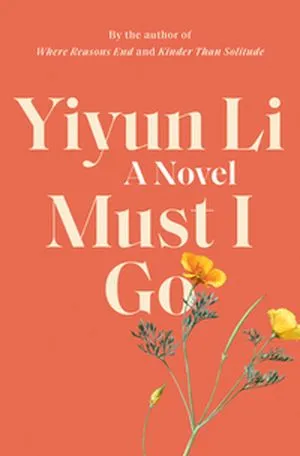
Must I Go by Yiyun Li
Lilia Liska is in her 80s and living in a senior facility. She looks down on the other other residents with coldness and snobbery. She speaks of her family members with disappointment and bitterness. She is absorbed in a project to tell her life story through annotating the diary of a former lover with her own versions of events—which gives this novel its unique structure. She plans to leave these to her granddaughter Katherine, as a memorial of her own life and to preserve the story of Katherine’s mother Lucy (who died from suicide).
Self Care by Leigh Stein
This novel examines the wellness industry and influencer culture through a satirical magnifying glass. Maren and Devin are best friends and the cofounders of Richual, “the most inclusive online community platform for women to cultivate the practice of self-care and change the world by changing ourselves.” But the novel starts with a crack in Richual’s inclusive, feminist facade when Maren tweets something in bad taste about the president’s daughter. This crack turns into a tidal wave of PR crises, culminating in a sexual misconduct accusation against a board member. Throughout, Maren and Devin try to keep their protect their #WorkWives BFF relationship, despite having their own hypocrisies shoved in their faces time and time again.
If you still are looking for complicated female characters, here is a list of 100 must-read books with unlikable women to look over.


